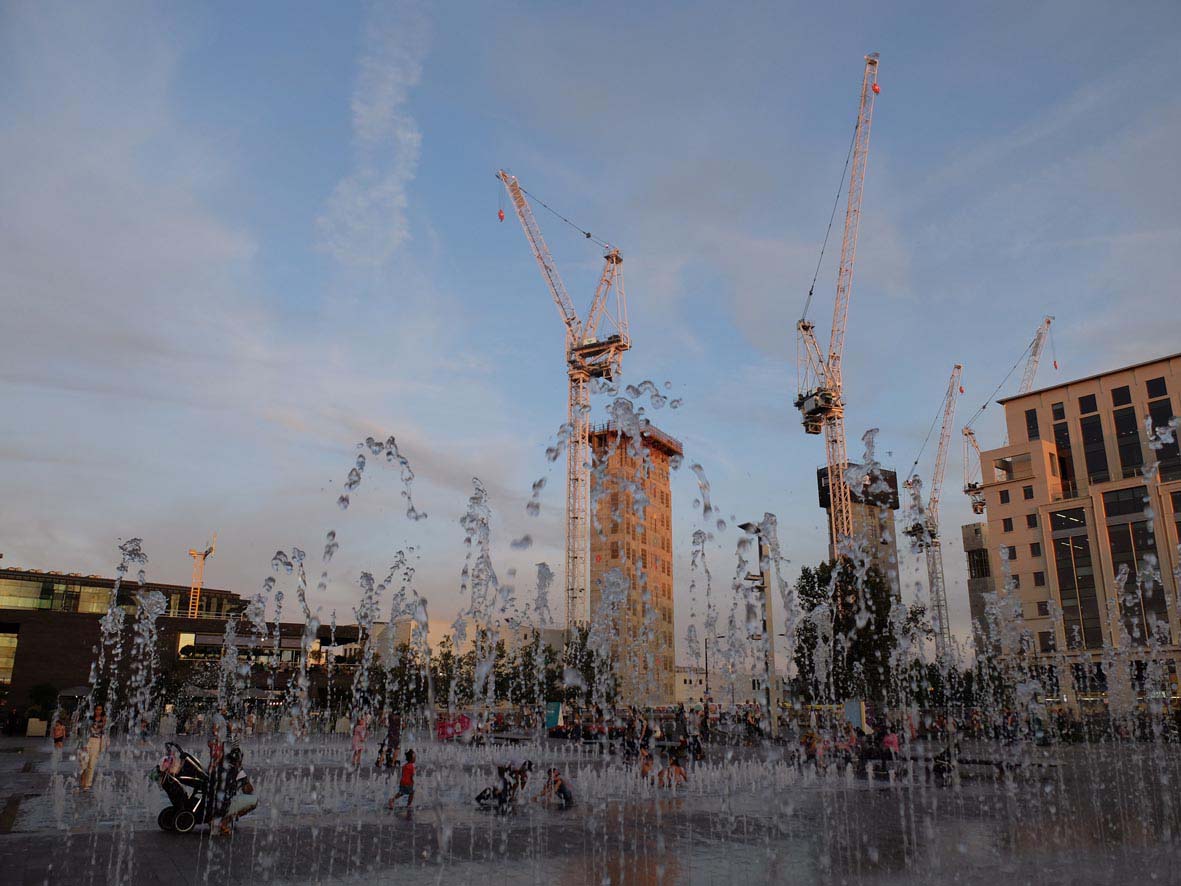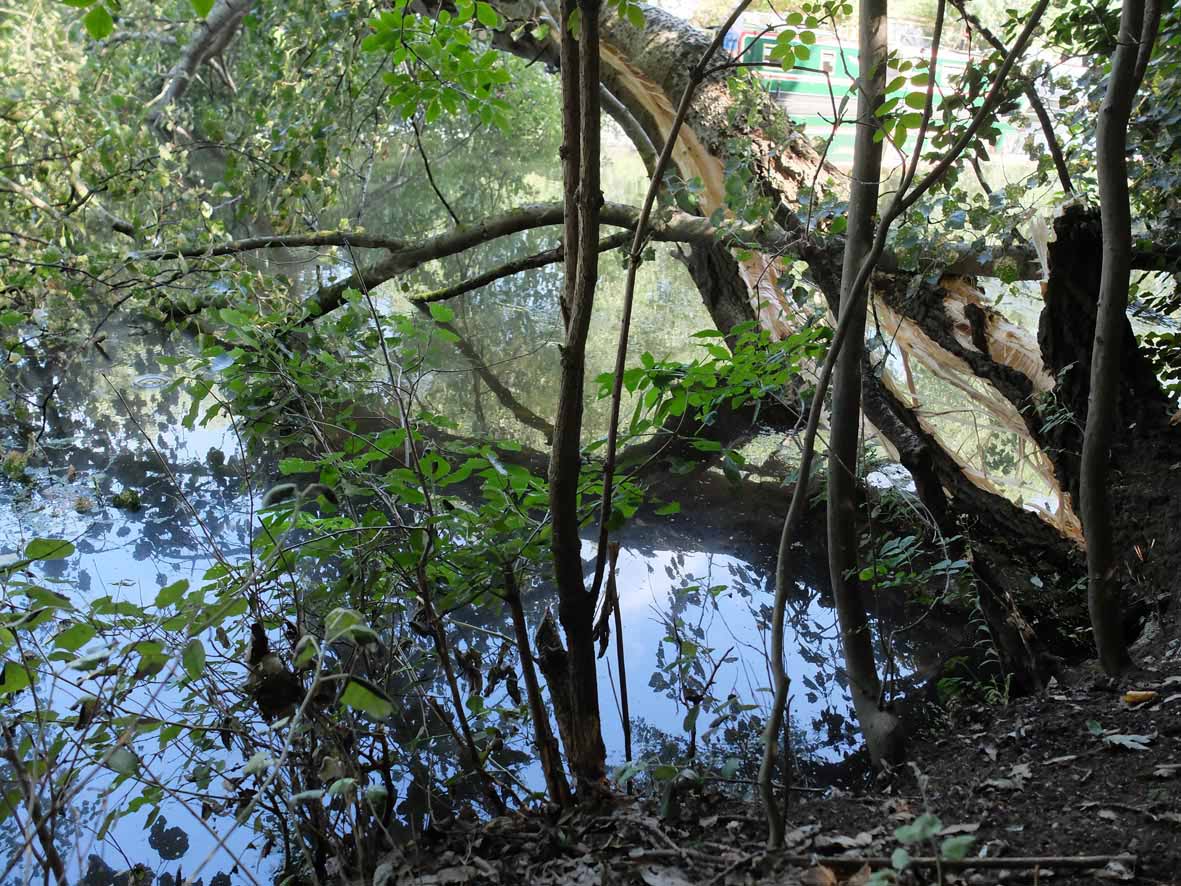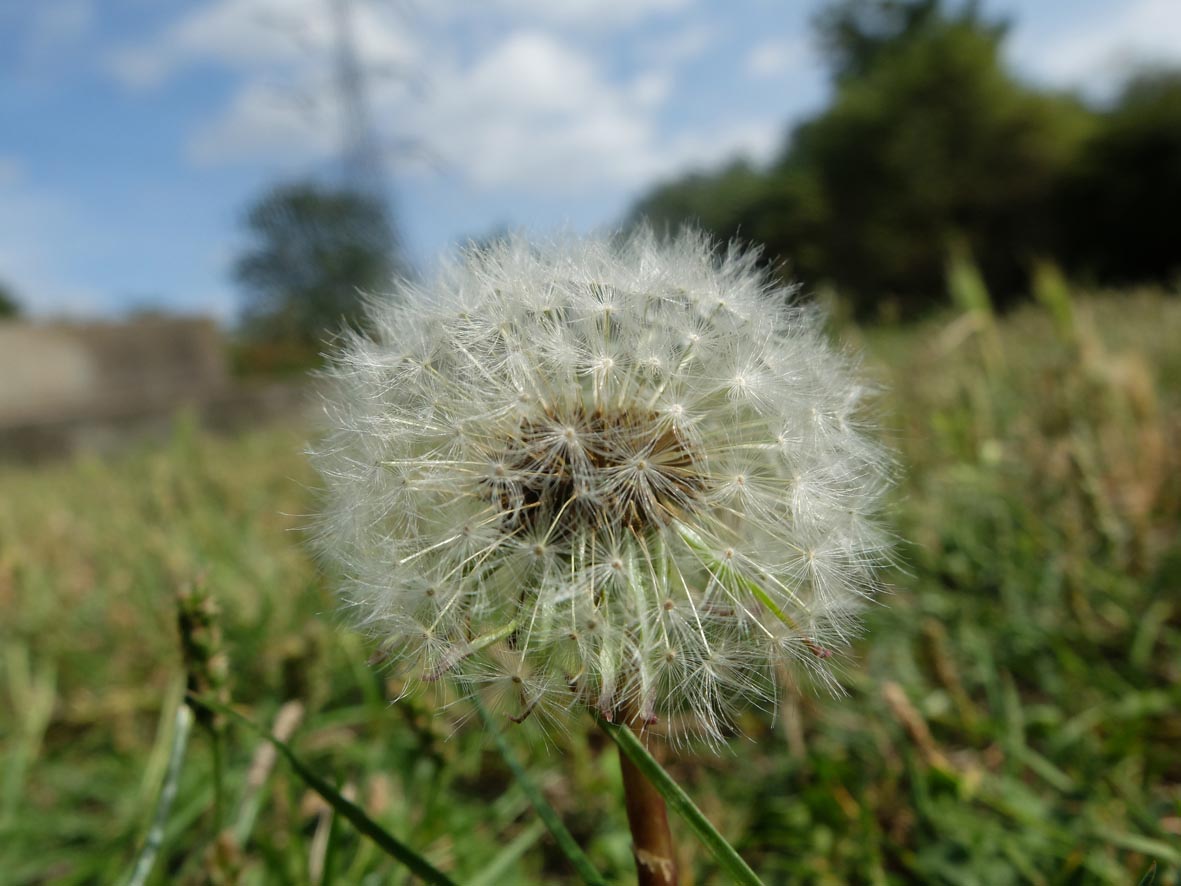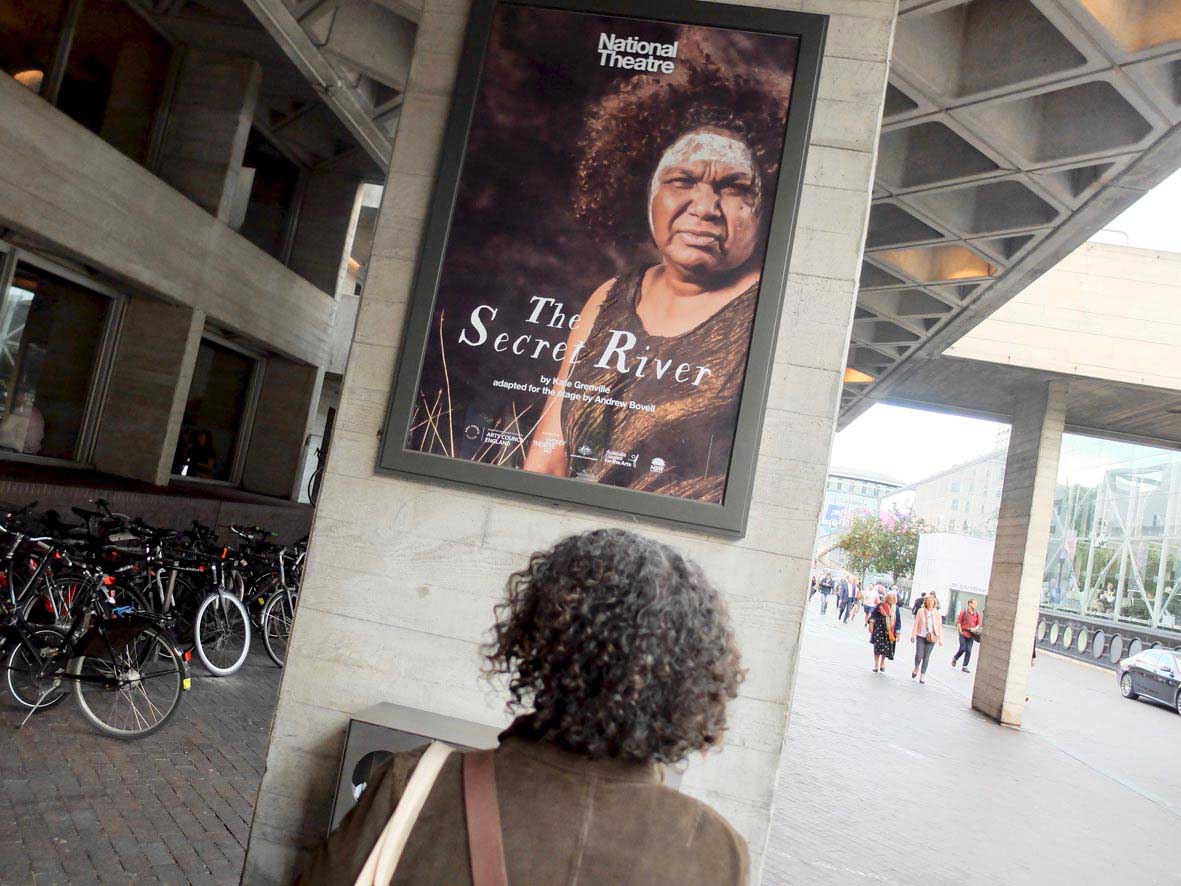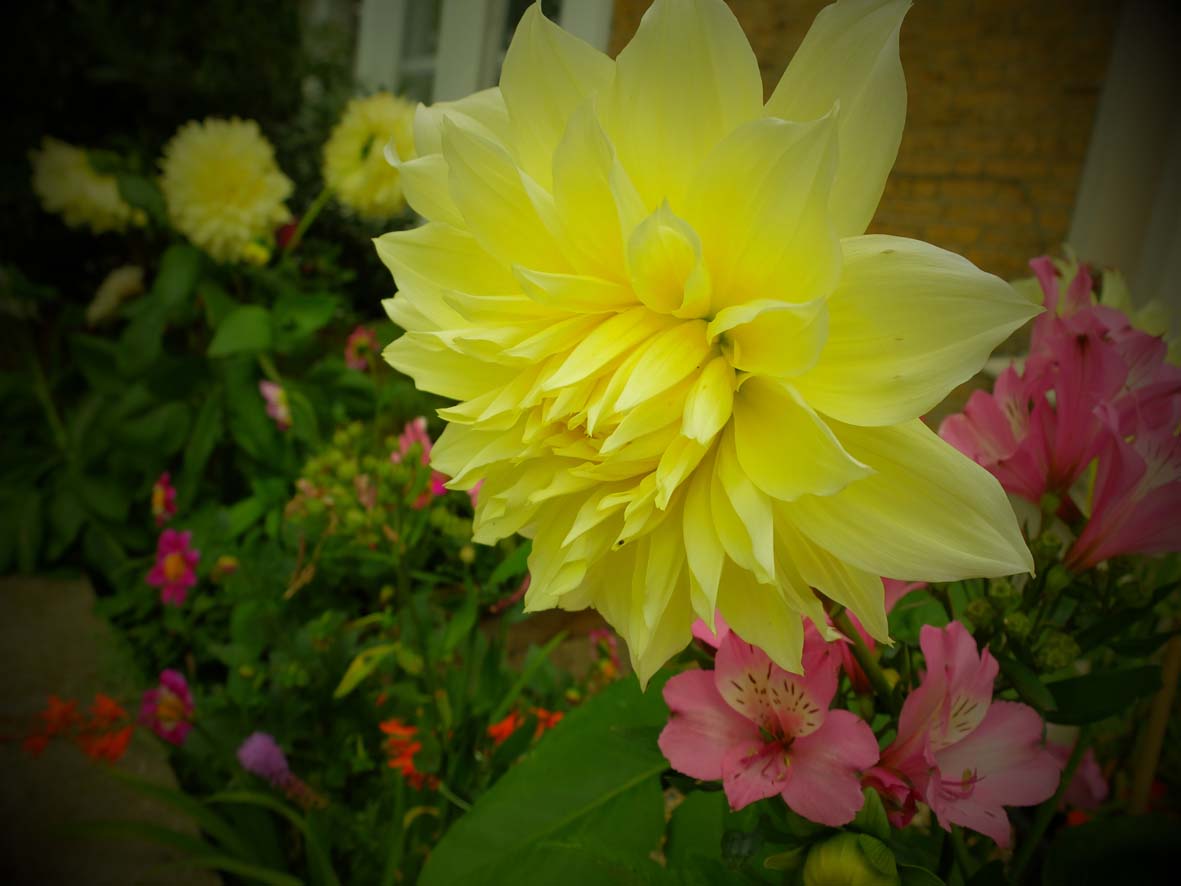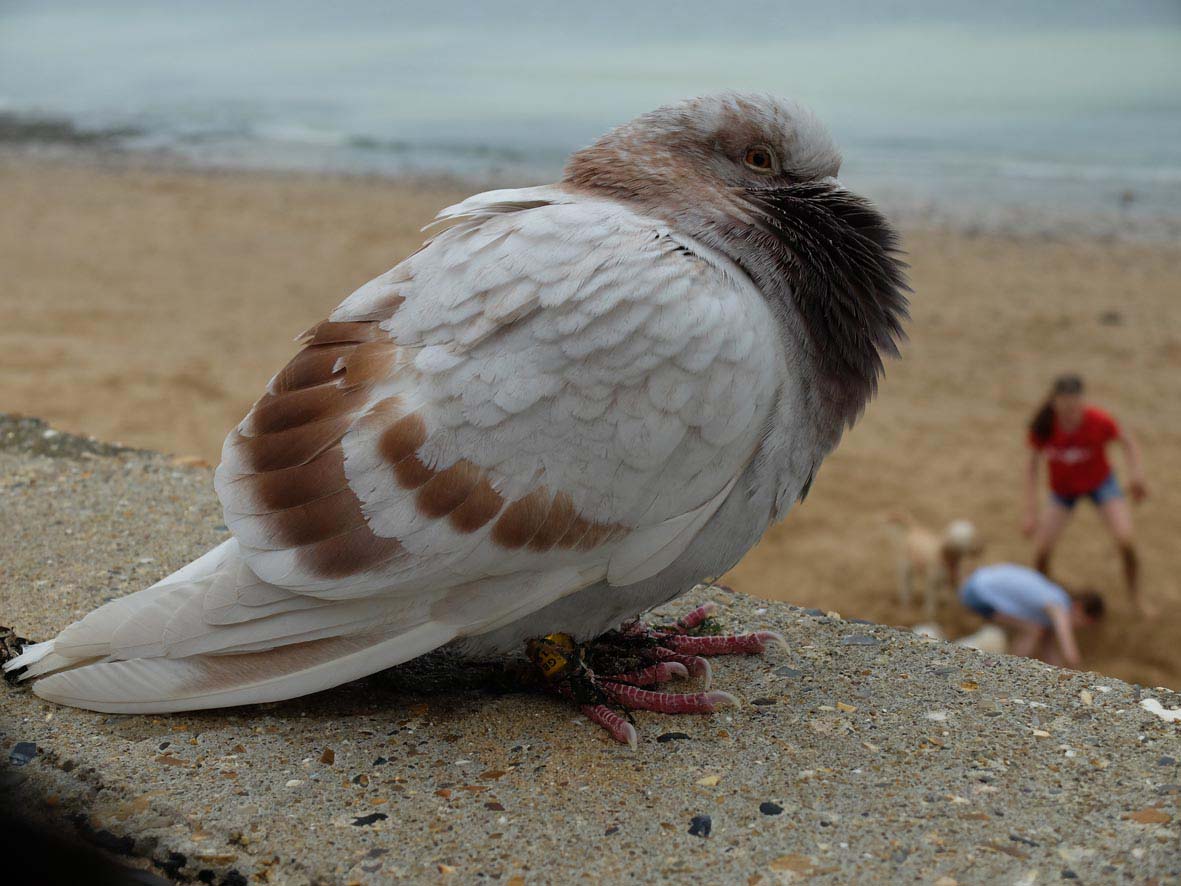09 Sep Ashaninka Representative
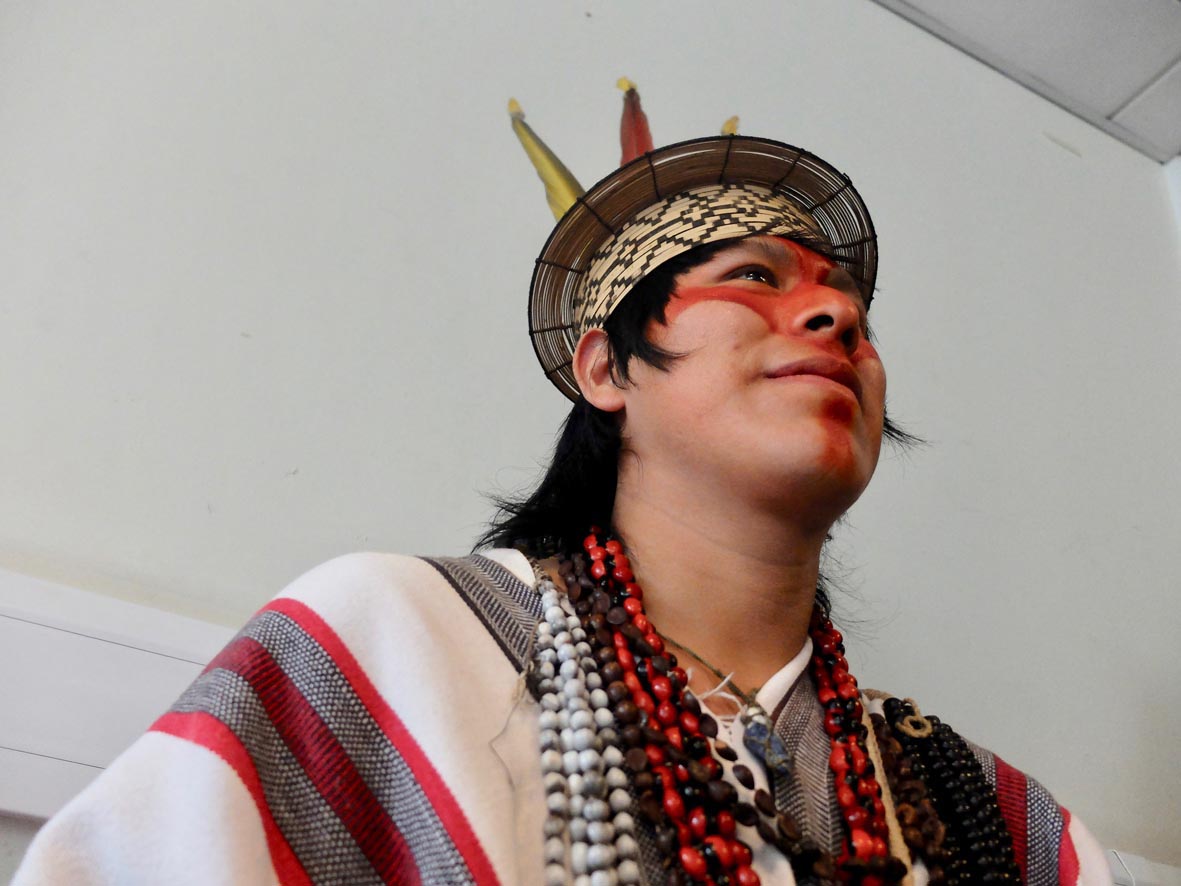 I sit with my baggage of whiteness. Grief, shame, overwhelm and helplessness are here with me also. Disconnection is spoken of as a disease. One after another indigenous speaker takes to the floor. The details of each story is different, but there is a disturbing uniformity of the troubles and threats these people face in the front line of commercially driven destruction which is devastating rainforest, environments and communities. I hear of the loss of habitat, species, food resources, land and wellbeing, and feel the enormity of the task of rewiring ourselves to get humans everywhere back into right relationship with the earth. “Wake up, let’s live, let’s not deceive ourselves,” says Okosho of the Ashaninka (Brazil). www.survivalinternational.org
I sit with my baggage of whiteness. Grief, shame, overwhelm and helplessness are here with me also. Disconnection is spoken of as a disease. One after another indigenous speaker takes to the floor. The details of each story is different, but there is a disturbing uniformity of the troubles and threats these people face in the front line of commercially driven destruction which is devastating rainforest, environments and communities. I hear of the loss of habitat, species, food resources, land and wellbeing, and feel the enormity of the task of rewiring ourselves to get humans everywhere back into right relationship with the earth. “Wake up, let’s live, let’s not deceive ourselves,” says Okosho of the Ashaninka (Brazil). www.survivalinternational.org




